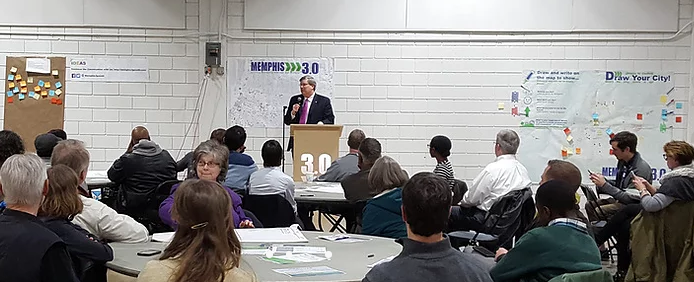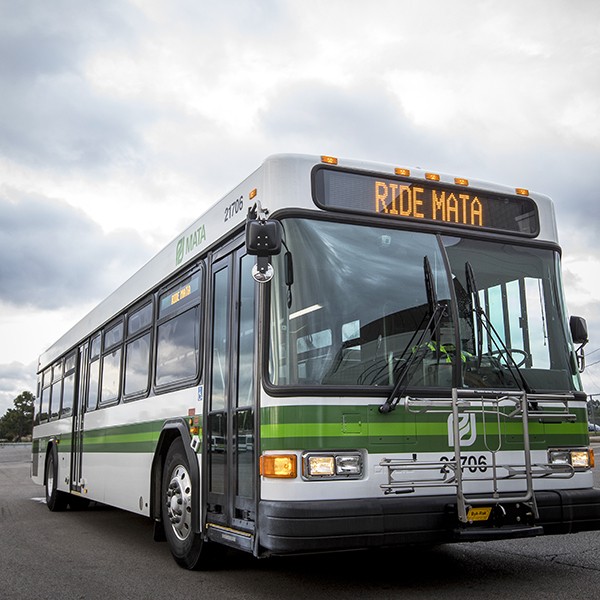
The Memphis 3.0 Comprehensive plan was approved by the Memphis City Council Tuesday, after months of delay.
After much debate, the council passed the 3.0 ordinance 7-6 on the third and final reading at the body’s next-to-last meeting of 2019.
Council members Joe Brown, Cheyenne Johnson, Jamita Swearengen, Worth Morgan, Martavious Jones, and Berlin Boyd voted against the plan.
Voting in favor were J. Ford Canale, Frank Colvett Jr., Gerre Currie, Kemp Conrad, Reid Hedgepeth, Patrice Robinson, and Sherman Greer.
[pullquote-3]
Before the vote, Boyd moved to delay the issue for two weeks, but that motion failed. Boyd called for the delay to seek legal counsel from council attorney Allan Wade, who was absent from Tuesday’s meeting.
Boyd said based on the Tennessee Code Annotated, the council is not required to adopt the plan in order for it to move forward since the Memphis and Shelby County Land Use Control Board has already approved it.
Doug McGowen, chief operating officer for the city, confirmed that the council isn’t statutorily required to approve the plan.
Boyd, along with Jones, who also wanted to delay the vote, wanted clarity about the measure from Wade. Jones raised concerns about the way the Memphis 3.0 plan was presented to the council: “The way it [Memphis 3.0] has been presented to us, I felt — and I don’t know how many of my colleagues share this — that we had to approve this.” Before last week, Jones said the council was under the impression that “we had to vote it up or down.”
McGowen responded, saying “there was no intent to make anybody believe they had to do anything.”
“The administration has presented this plan in full transparency that we would like the council to approve it,” McGowen said. “We have never said you were under statutory obligation to do so.”
Greer, who leaves his District 1 post at the end of the year, urged the council to move forward with the vote, opposing any more delays.
“We can ask questions for the next 30 years,” Greer said. “It’s time to vote. This doesn’t have one dollar that’s tied to it that has to be spent in one area or another. It’s a plan. Plans change. We’ve said many times that seven votes can move anything.”
The council first delayed the plan in March after a group of residents from the New Chicago area voiced opposition.
In May, Memphis Mayor Jim Strickland signed an executive order implementing Memphis 3.0 on the administrative side.
The council has delayed the vote on Memphis 3.0 several times since March. The council first delayed the vote on the city’s comprehensive plan after a group of residents from the New Chicago area voiced opposition to the plan, citing a lack of inclusion.
[pullquote-2]
Since then, delays have been attributed to the council needing more information about the plan and its implications. The council took the first of three votes on the ordinance at its July 2nd meeting.
The plan drew little opposition on Tuesday from members of the public. Lynette Williams, president of the Aklena Lakeview Garden Community Development Corporation, was the sole voice of opposition. Williams said that she and other residents in the Lakeview Garden community, located in the southeastern corner of the city, do not support the plan because “it doesn’t include us or District 6.”
“We want the residents to be respected and represented in the outer parts of Memphis, Tennessee, where you have a lot of homeowners and taxpayers,” Williams said. “We want unique improvements in our neighborhoods, we want community investments.”
Councilwoman Patrice Robinson, who voted in favor of Memphis 3.0, said even if amended down the road, the plan gives the city a “road map and a start” to move forward. Robinson also said that once in place, the plan can be further developed to include specific communities.
“We do a disservice to our city as a body if we don’t have a road map to where we’re going,” Robinson said. “Now a plan is not going to include everybody’s street, every community, and this particular plan only talked about the anchors in our community. We can expand upon that. Plans can be changed. Budgets can be created. We control the process right here”
[pullquote-1]
Boyd said he agrees “a plan is definitely needed,” but certain core issues in communities, such as blight, should also be addressed.
“When you look at certain streets in North Memphis where there are about 15 blighted properties on one street and we can’t even demo those houses, but yet we’re going through and trying to develop a plan for the community,” Boyd said. “We have to figure out how to get back to the basics in figuring out how to stabilize some communities.”
Councilman Worth Morgan wanted to know what would actually change if the plan is approved. In short, John Zennah, director of the city’s division of planning and development said moving forward all land-use decisions made by the city council would have to be consistent with the criteria of the 3.0 plan and that that finding should be reflected in land-use resolutions that the council approves.


 O.T. Marshall Architects
O.T. Marshall Architects  City of Memphis
City of Memphis 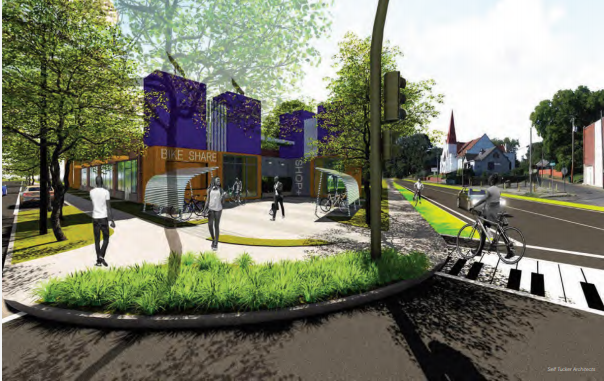 Self + Tucker Architects
Self + Tucker Architects 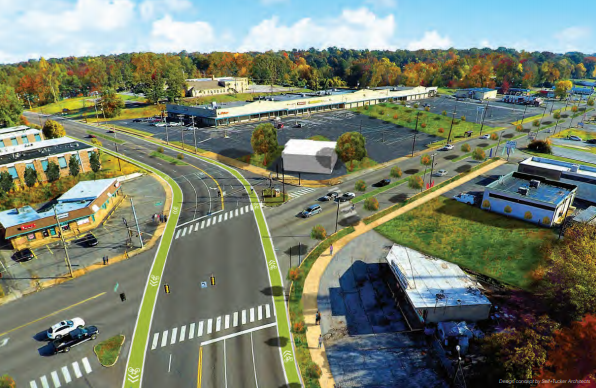 Self + Tucker Architects
Self + Tucker Architects 
 Maya Smith
Maya Smith  Maya Smith
Maya Smith 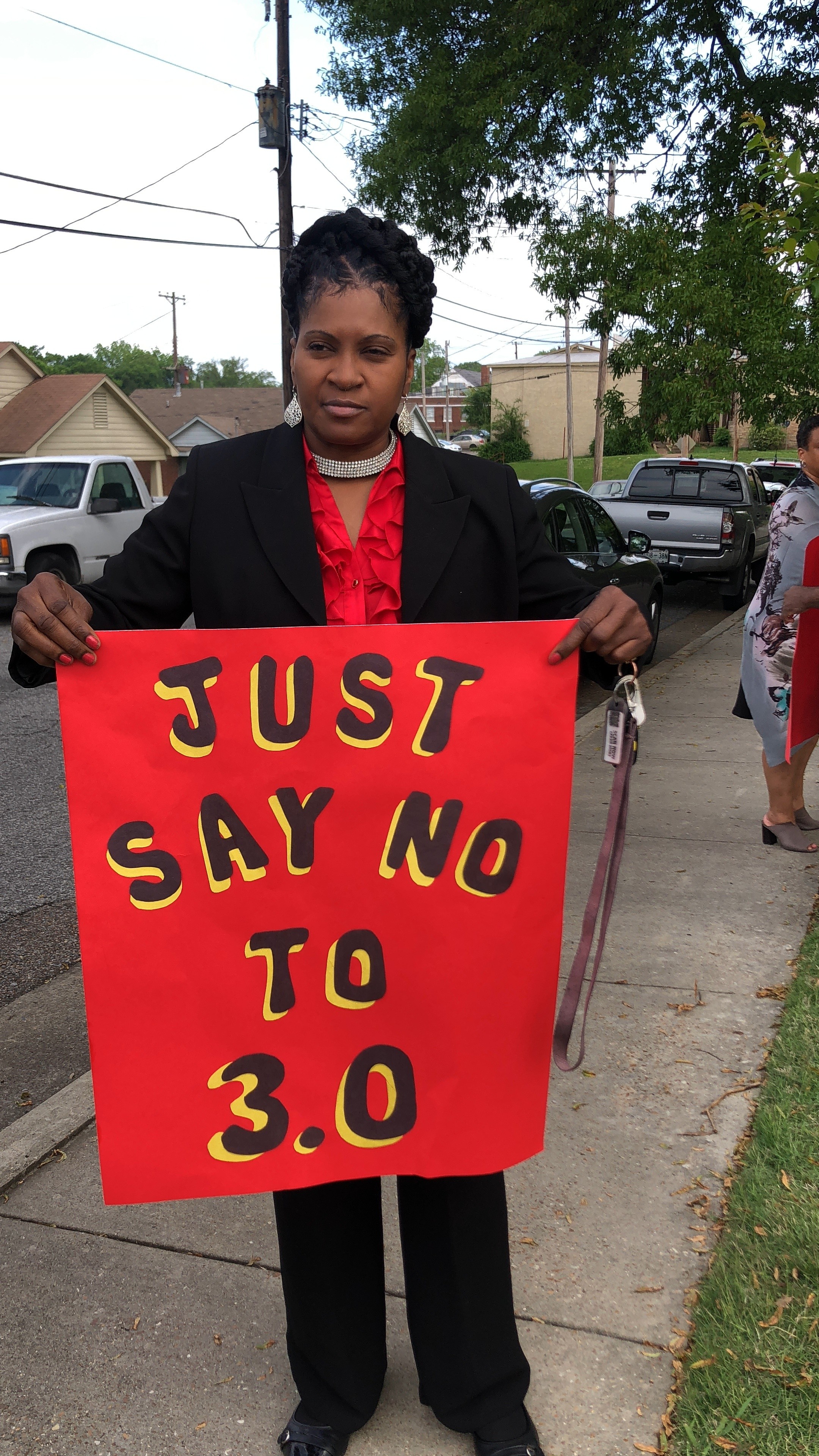 Maya Smith
Maya Smith 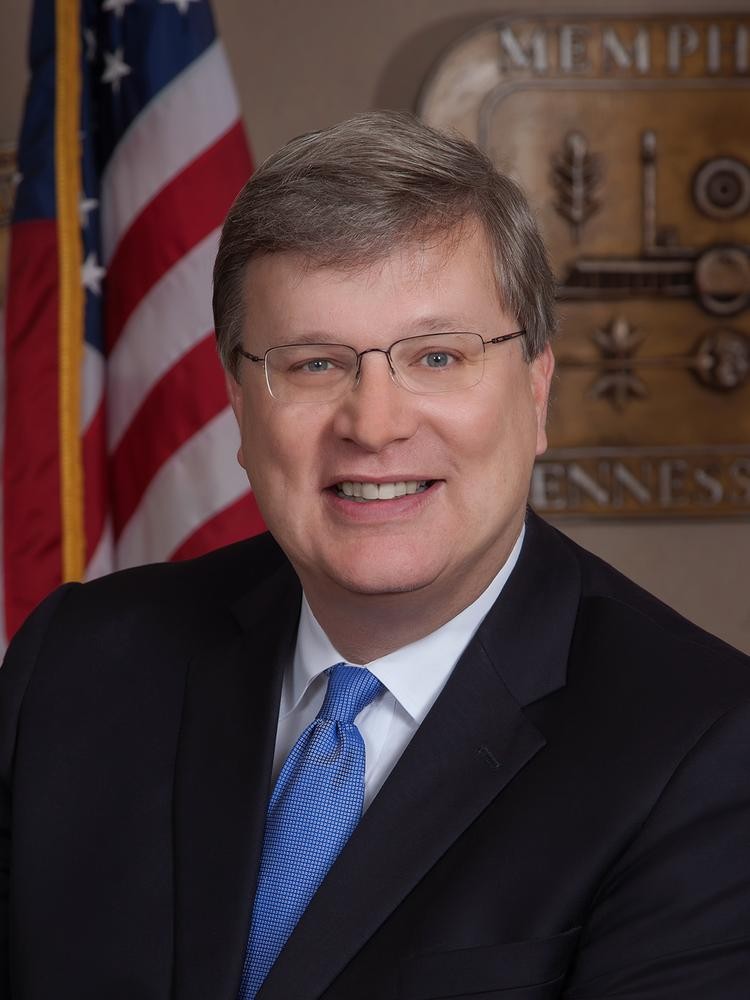

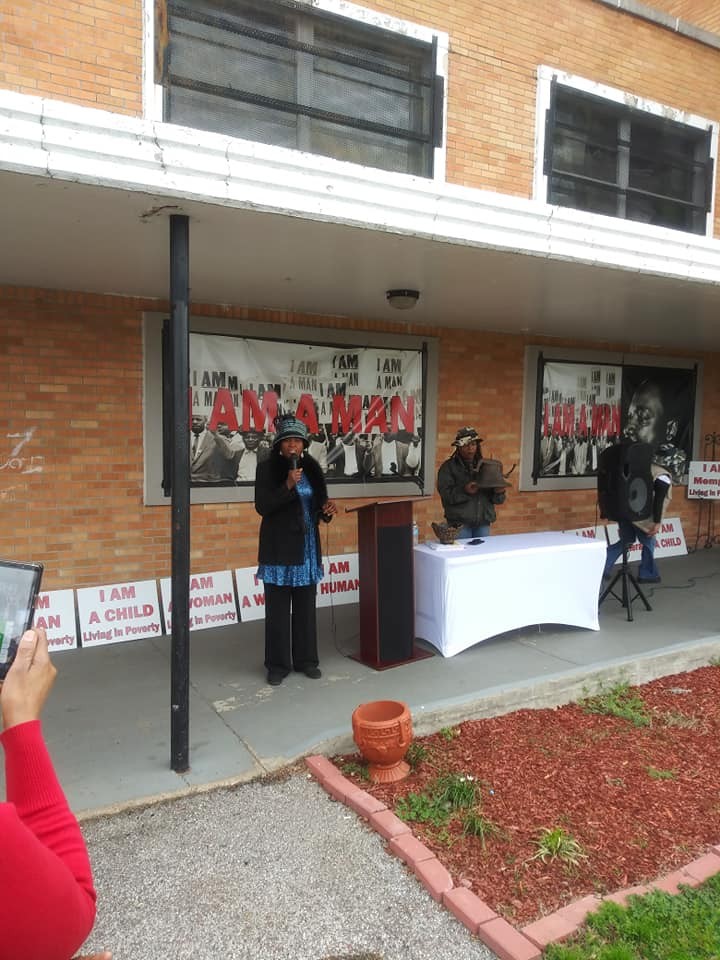 Facebook- Carnita Atwater
Facebook- Carnita Atwater 
 Facebook- Carnita Atwater
Facebook- Carnita Atwater 

